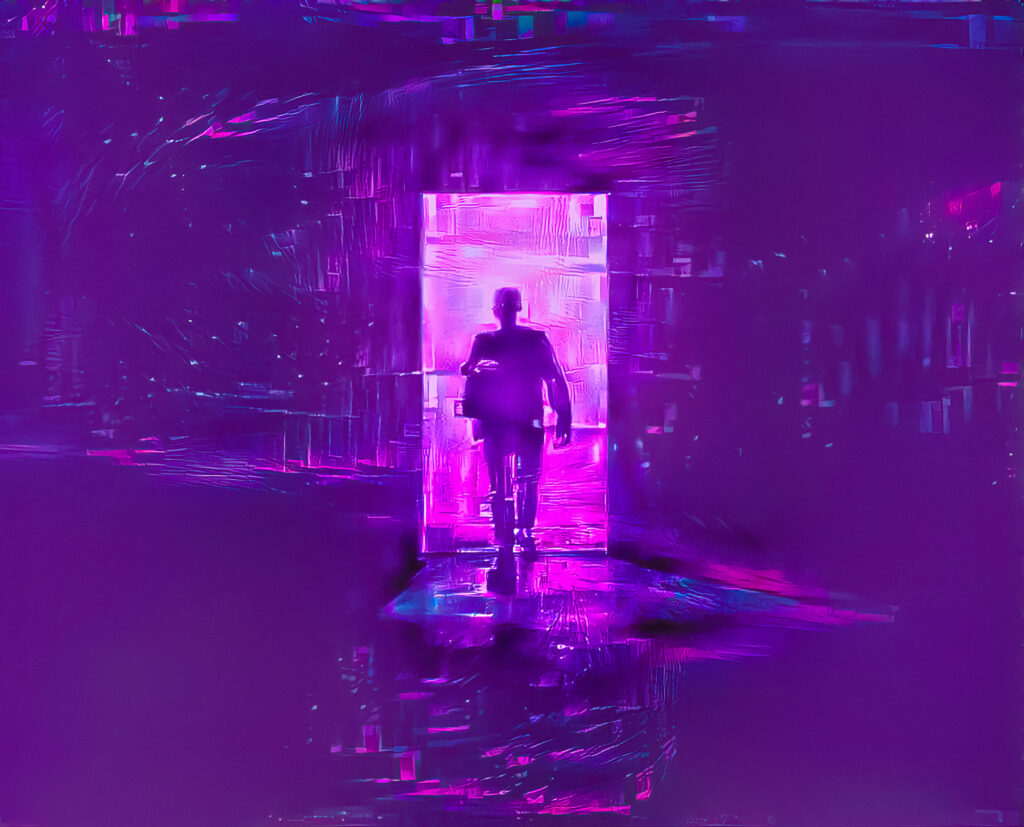
The Metaverse is already here, says Erin Reilly, founding director of the Texas Immersive Institute at the University of Texas at Austin.
It was first mentioned in the 1992 book Snow Crash, a science fiction novel by Neal Stephenson.
Today, the Metaverse is the latest iteration of Cyberspace, a blend of virtual and real-life applications, Reilly said.
“It is an extension of our lives enhanced by technology,” Reilly said.
Because of the Pandemic, people are turning to the metaverse to connect with each other, she said.
The Texas Immersive Institute is focused on immersive storytelling for students, scientists, technologists, artists, and others. The institute focuses on creating experiences that are interactive and personalized, and that it blends physical and digital, Reilly said. It can be done with augmented reality, virtual reality, mixed reality, artificial intelligence, and the Internet of Things, she said.

Reilly is a creator, educator, and strategist with 20 years of experience in storytelling. She is a professor of practice and heads up the institute at Ut Austin. The institute is focused on research, projects, and learning the future of media.
In this episode of the Ideas to Invoices podcast, Reilly talks about virtual beings, virtual worlds, applications for mixed reality projects, non-fungible tokens, and more. Her students at UT Austin, which she calls “explorers” are creating applications for the metaverse.
For example, the institute is working with Mixby, a smartphone app that uses beacons and Bluetooth to connect with consumers and provide information in museums and other locations was created by Seattle-based Artifact Technologies. It is one of the institute’s sponsors. Students used Mixby to create projects such as a bicycle bar that students pedaled around to learn about four bars on Sixth Street. The technology can be used at conferences, weddings, museums, and more to provide another layer of information through augmented reality apps.
Also, the institute is doing work with Zepeto, the largest virtual world in Asia, to create a fashion collection using the ZEPETO Studio platform.
In addition, UT Austin is looking at ways to use nonfungible tokens or NFTs, Reilly said.
And Reilly teamed up with Moriba Jah, an associate professor of aerospace engineering at UT Austin, to create Shifted Space, a project that seeks to bring awareness to the need to clean up space. Jah traveled to Hawaii last year to shoot the pilot episode for the series that is currently being shopped to streaming services for an 8-part virtual reality series. The focus is to create a movement that will lead to government officials passing legislation to clean up space.
For more, listen to the entire podcast posted below or on Apple Podcasts, Google, Spotify, or wherever you get your podcasts.

